This podcast found in:
- Raw RecipesRaw Recipes Index
- MoreGoodies, About, Praise + More
- StoreApps, Courses + More
- CelebrateSeasonal Suggestions
- New To Raw?Start Here
- WellnessCreating Healthy Habits
- CommunityRawtarian Community
Hello Beautiful!
It looks like you're new to The Rawtarian Community. If you'd like to get involved, click one of these buttons!
Login to Community Signup for an account Login using FacebookTrending Community Recipes
Latest in the Community Forum
-

acquistare telmisartan senza ricetta in linea, ordinare telmisartan in linea senza ricetta $
Razveest - 6 sec ago -

Ivermectin Beställa. Beställa Ivermectin Använda Visa. Upplands Väsby – Sverige
Baresta - 57 sec ago -

Valium Buy legally. Valium no rx needed cod accepted . Northampton — United Kingdom
Astramed - 1 min 59 sec ago -

kaufen terazosin Jetzt kaufen! Bestellen terazosin online über Nacht *
Razveest - 2 min 28 sec ago
-
- Community









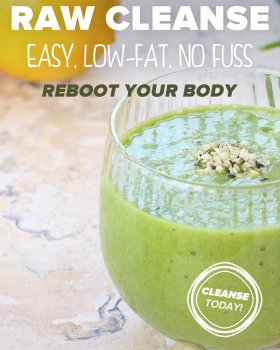















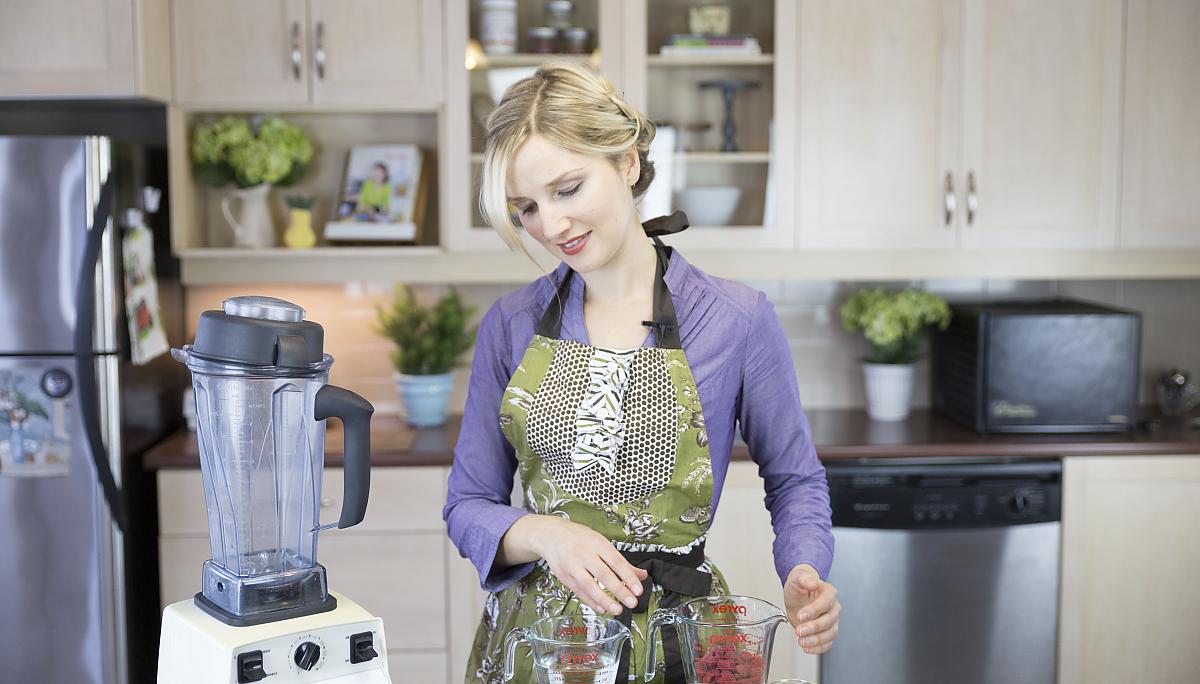
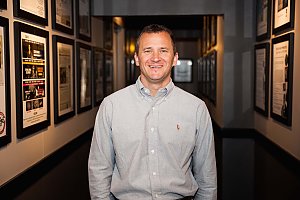

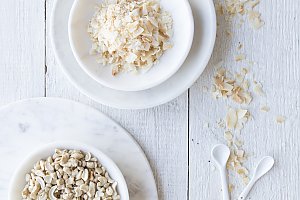
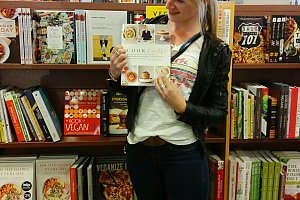
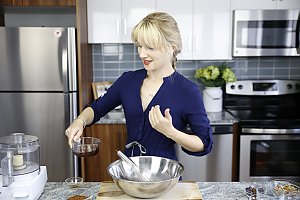
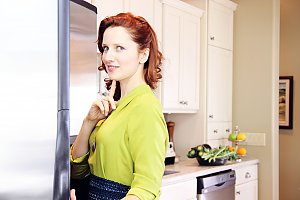
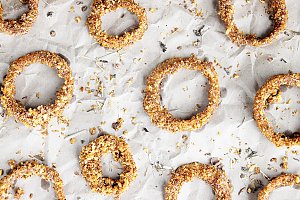
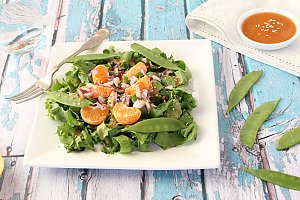
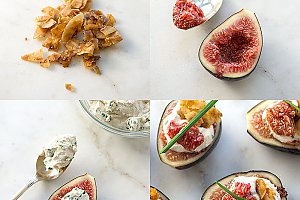
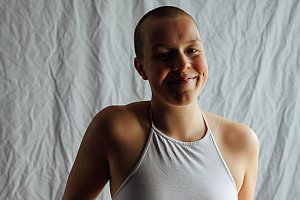

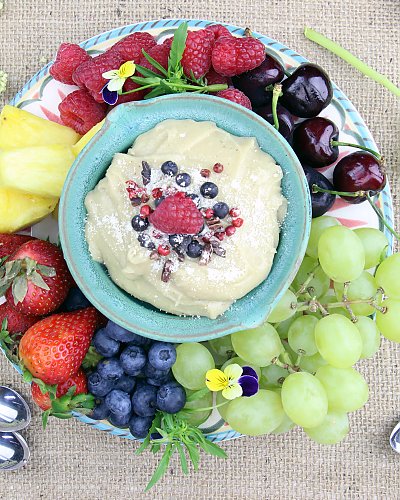
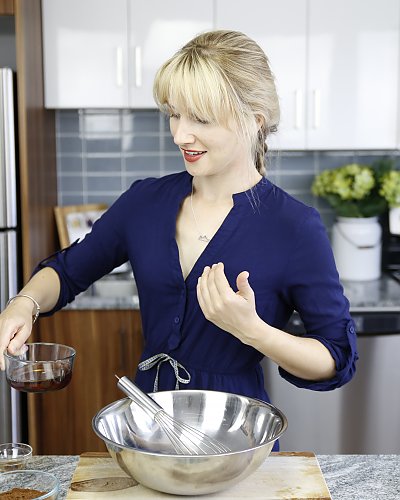

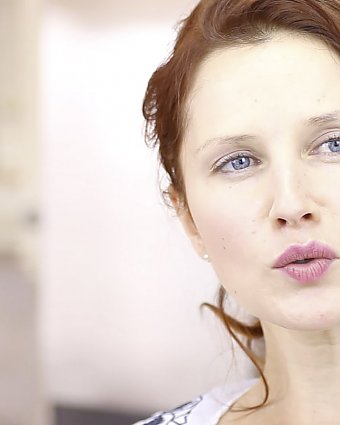





















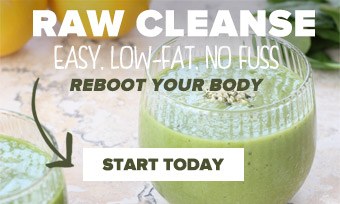
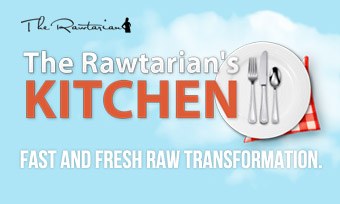
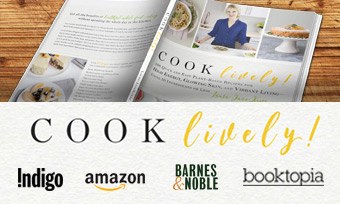
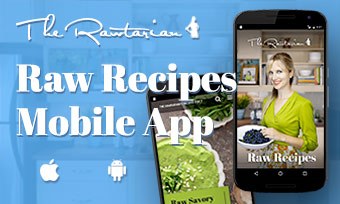
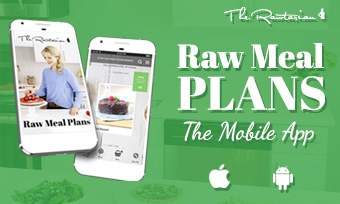


Comments
Top voted
The Rawtarian
Jun 09, 2016
Emma, I totally get you. Thanks for sharing this with me.
We all want to be "perfect" (whatever that looks like to each of usl). But guess what... We are beautifully diverse, unique and so multi-faceted. We are human. Have you ever tried to be cheerful and happy 100% of the time? It's a nice idea but not exactly easy (or possible) to execute :) Likewise with food.
Although I am certainly not an expert, it seems to me that much of eating disorders are about:
(1) food as a tool for dealing with stress and feeling "in control" (or dealing with things feeling out of control).
(2) negative self talk or inner dialogue.
1. Re: stress and feeling in control (or out of control). More on this at a later date :) Or elsewhere on the interwebz!
2. Negative self talk. It sounds like you are talking to yourself internally in a way that you would never dream of talking to a girlfriend or younger sister. As you say, "normal" people would think it's crazy to beat anyone up over a bowl of brown rice. We all have a soul mate on this planet. And it's yourself. Learning to love yourself and be gentle and kind to yourself with your thoughts is key here and has the potential to really change how you feel about this. When you feel yourself doing the nasties in your head, see if you can recognize what you are doing and get a level above the negative thoughts. In fact, it sounds like you are already at this point. Now the idea is to recognize that this negative self talk is causing unnecessary suffering and to see if you can divert your negative self talk elsewhere. No one should be able to talk to Emma like that! Instead, she deserves a best friend in the form of her inner dialogue.
I know this all sounds very basic, but if you can actually **DO** #2 on the regular, you can seriously change how you feel about yourself and your life.
Sending you love, my girl!
Emma
Jun 08, 2016
I’ve been recovering from an eating disorder for quite some time and have recently tried going raw/vegan, but lately I’ve been having mini “binges” on cooked brown rice.. It sounds ridiculous to “normal” people but I’m feeling quite guilty about this and I am not sure why these binges are happening… I feel much better and cleaner when I eat predominantly raw but sometimes the cravings just take over and I cannot help it.. Anyway, I know this is a bit of a lengthy comment but, it is difficult for me to have an objective view on if these guilt feelings are just due to me and my existing food issues or if they are legitimate.. And also just how to overcome them really.. Anyway, thank you for the lovely website xx
All
Emma
Jun 08, 2016
I’ve been recovering from an eating disorder for quite some time and have recently tried going raw/vegan, but lately I’ve been having mini “binges” on cooked brown rice.. It sounds ridiculous to “normal” people but I’m feeling quite guilty about this and I am not sure why these binges are happening… I feel much better and cleaner when I eat predominantly raw but sometimes the cravings just take over and I cannot help it.. Anyway, I know this is a bit of a lengthy comment but, it is difficult for me to have an objective view on if these guilt feelings are just due to me and my existing food issues or if they are legitimate.. And also just how to overcome them really.. Anyway, thank you for the lovely website xx
The Rawtarian
Jun 09, 2016
Emma, I totally get you. Thanks for sharing this with me.
We all want to be "perfect" (whatever that looks like to each of usl). But guess what... We are beautifully diverse, unique and so multi-faceted. We are human. Have you ever tried to be cheerful and happy 100% of the time? It's a nice idea but not exactly easy (or possible) to execute :) Likewise with food.
Although I am certainly not an expert, it seems to me that much of eating disorders are about:
(1) food as a tool for dealing with stress and feeling "in control" (or dealing with things feeling out of control).
(2) negative self talk or inner dialogue.
1. Re: stress and feeling in control (or out of control). More on this at a later date :) Or elsewhere on the interwebz!
2. Negative self talk. It sounds like you are talking to yourself internally in a way that you would never dream of talking to a girlfriend or younger sister. As you say, "normal" people would think it's crazy to beat anyone up over a bowl of brown rice. We all have a soul mate on this planet. And it's yourself. Learning to love yourself and be gentle and kind to yourself with your thoughts is key here and has the potential to really change how you feel about this. When you feel yourself doing the nasties in your head, see if you can recognize what you are doing and get a level above the negative thoughts. In fact, it sounds like you are already at this point. Now the idea is to recognize that this negative self talk is causing unnecessary suffering and to see if you can divert your negative self talk elsewhere. No one should be able to talk to Emma like that! Instead, she deserves a best friend in the form of her inner dialogue.
I know this all sounds very basic, but if you can actually **DO** #2 on the regular, you can seriously change how you feel about yourself and your life.
Sending you love, my girl!
Leave a Comment